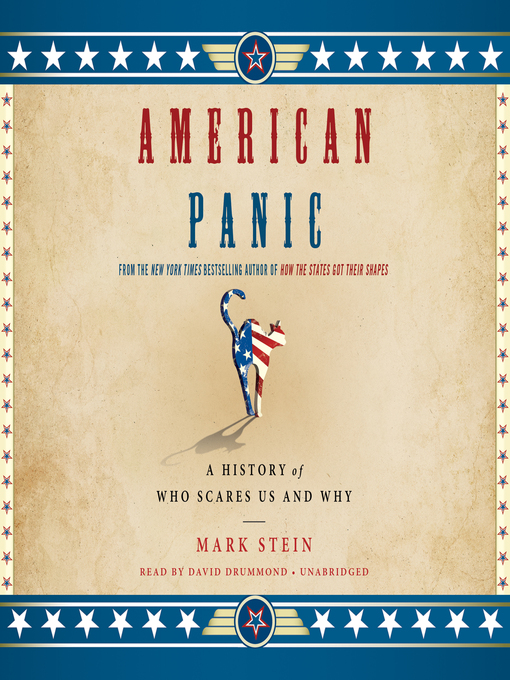What political panics—from the Salem witch trials to the Tea Party—can tell us about our modern society
In American Panic, New York Times bestselling author Mark Stein traces the history and consequences of American political panics through the years. Virtually every American, on one level or another, falls victim to the hype, intensity, and propaganda that accompany political panic, regardless of their own personal affiliations. By highlighting the similarities between American political panics from the Salem witch trials to present-day vehemence over issues such as Latino immigration, gay marriage, and the construction of mosques, Stein closely examines just what it is that causes us as a nation to overreact in the face of widespread and potentially profound change. This book also devotes chapters to African Americans, Native Americans, Catholics, Mormons, Jews, Chinese and Japanese peoples, communists, capitalists, women, and a highly turbulent but largely forgotten panic over freemasons. Striking similarities in these diverse episodes are revealed in primary documents Stein has unearthed, in which statements from the past could easily be mistaken for statements today. As these similarities come to light, Stein reveals why some people become panicked over particular issues when others do not.

